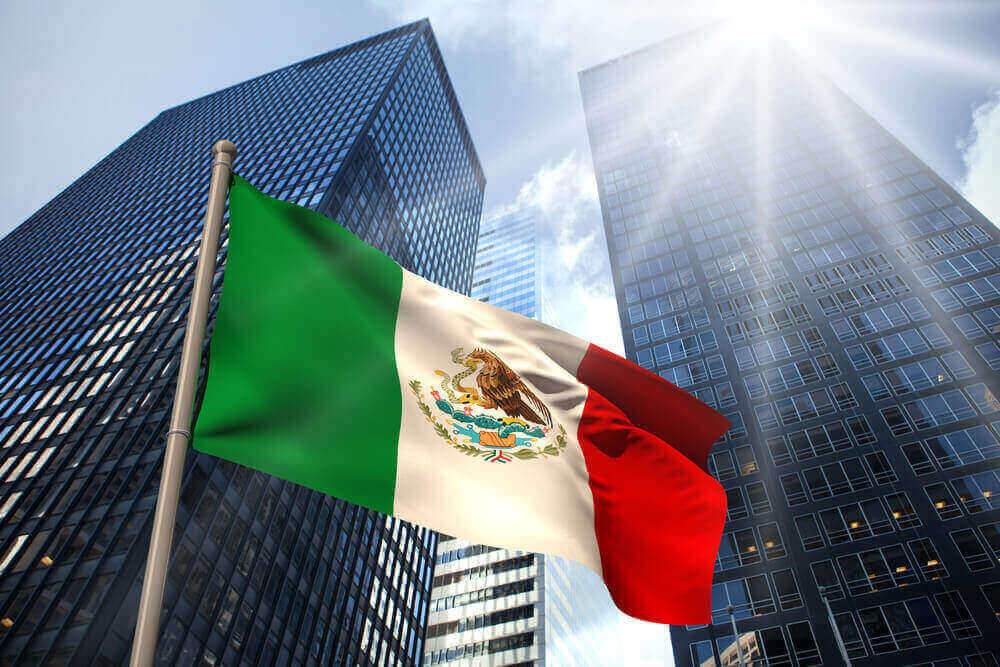Mexico’s financial sector has evolved over the years, giving rise to a diverse range of non-banking financial institutions that cater to various market segments and offer specialized financial services. Among these institutions are Sociedades Financieras de Objeto Múltiple (SOFOMs), Sociedades Financieras de Objeto Limitado (SOFOLs), and Sociedades Financieras Populares (SOFIPOs). In this article, we will compare these three types of institutions to help businesses and investors better understand their unique features and benefits.
Sociedades Financieras de Objeto Múltiple (SOFOMs)
A SOFOM is a non-banking financial institution that provides a wide range of financial services to individuals and businesses in Mexico. SOFOMs can be either regulated entities (Entidades Reguladas, ER) or unregulated entities (Entidades No Reguladas, ENR). They are flexible in terms of the services they offer, which may include lending, leasing, factoring, and more.
Key Features of SOFOMs:
- Flexibility to provide a diverse range of financial services
- Cater to underserved market segments
- Regulated and unregulated entities available
- Suitable for businesses operating in fintech, crypto, blockchain, and artificial intelligence
Sociedades Financieras de Objeto Limitado (SOFOLs)
SOFOLs are specialized non-banking financial institutions that primarily focus on providing mortgage and real estate financing. They emerged as a response to the growing demand for housing finance in Mexico. However, after the introduction of SOFOMs in 2006, many SOFOLs transitioned to the SOFOM structure due to their increased flexibility.
Key Features of SOFOLs:
- Specialized in mortgage and real estate financing
- Narrower focus compared to SOFOMs
- Limited presence in the market after the introduction of SOFOMs
Sociedades Financieras Populares (SOFIPOs)
SOFIPOs are financial institutions designed to serve low-income individuals and micro, small, and medium-sized enterprises (MSMEs) in Mexico. They offer a variety of financial services, including savings accounts, loans, and payment services. SOFIPOs are regulated by the National Banking and Securities Commission (CNBV) and are subject to specific regulatory requirements to ensure they operate in the best interests of their target market.
Key Features of SOFIPOs:
- Focus on serving low-income individuals and MSMEs
- Offer savings, loans, and payment services
- Regulated by the CNBV
- Promote financial inclusion and social impact
Process to Incorporate a Financial Entity (Mexican SOFOM, SOFOL, or SOFIPO)
Incorporating a Mexican SOFOM, SOFOL, or SOFIPO involves a thorough bureaucratic process that must be followed to the letter. This process includes obtaining authorization from the National Banking and Securities Commission (CNBV) and obtaining permits from other regulatory authorities, such as the Mexican Central Bank (Banxico) and the Mexican Tax Authority (SAT).
To start the process, you must first create a very detailed business plan with five years of financial projections, the business entity, either a SOFOM, SOFOL, or SOFIPO, and register it with the Mexican Commercial Registry. This registration process requires submitting the company’s bylaws, tax identification numbers, and proof of payment of certain fees. Once this initial step is complete, you can then proceed to apply for authorization from the CNBV.
The CNBV application process can be time-consuming and is designed to ensure that the new entity will operate in a safe and stable manner. This includes the submission of detailed information about the company’s business plan, its governance structure, its management team, and its compliance with all relevant laws and regulations. After a thorough review and approval, the CNBV will grant authorization for the new entity to begin operations as a SOFOM, SOFOL, or SOFIPO. With this authorization, the entity will need to continue to comply with all regulations and report to the CNBV and other regulatory authorities on a regular basis to maintain its authorization and operate in compliance with all relevant laws and regulations.
Conclusion SOFOMs, SOFOLs, and SOFIPOs
While SOFOMs, SOFOLs, and SOFIPOs are all non-banking financial institutions in Mexico, they cater to different market segments and offer specialized financial services. SOFOMs are known for their flexibility and can provide a wide range of services, making them suitable for businesses operating in various industries, including fintech and crypto. In contrast, SOFOLs primarily focus on mortgage and real estate financing but have become less prominent since the introduction of SOFOMs. Lastly, SOFIPOs serve low-income individuals and MSMEs, promoting financial inclusion and social impact.
Understanding the key features and benefits of these institutions can help businesses and investors make informed decisions when navigating Mexico’s financial landscape and seeking opportunities for growth and expansion. For help in incorporating a financial services entity in Mexico, please contact us at info@banklicense.pro. We will be happy to assist you throughout the process of incorporating, licensing, and building the business.

